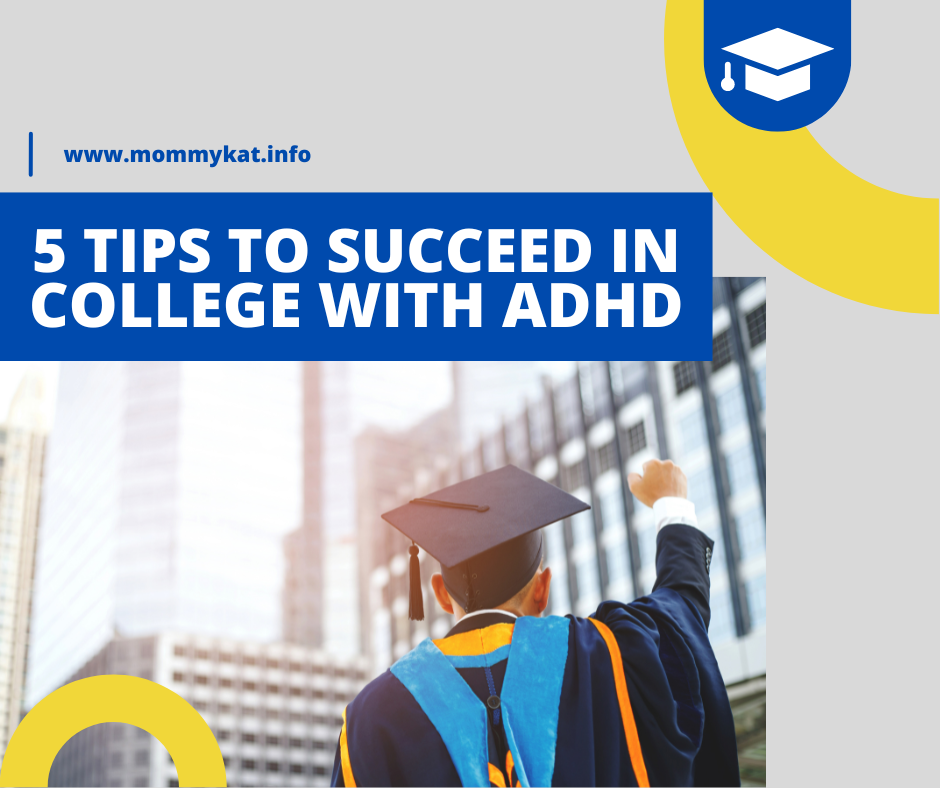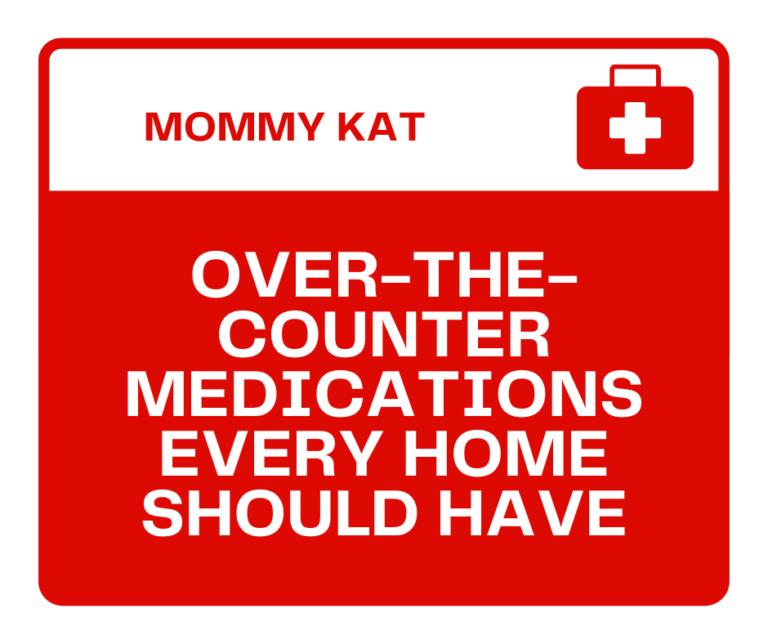Going to college is often the last step of a very long journey in school. It preps you for adulthood and ensures you’re well-equipped to handle the real world. As such, it’s an exciting time for many students who want to experience being independent for the first time! However, it’s also extremely hard to adjust to college life. Sure, it looks fun on paper, but experiencing it in real life is very different. Many people get homesick, overwhelmed, anxious, and more. This is especially true for people with ADHD who have difficulties adjusting to a new environment like in college.
So, if you’re someone with ADHD or a parent of someone with ADHD, this article is for you to help adjust to college. It will guide you on how to make things easier for you when it’s time to head to university. We hope it’s helpful. Good luck on your journey!
1. Create a Daily Routine
The best thing you can do to keep your ADHD under control even during the exciting time of university is to have a set schedule. This schedule should preferably have healthy habits that will help you maintain good health while ensuring you’ve got school covered.
For example, you should always sleep and wake up at the same times with ADHD. It lets you know when it’s time to wind down, and it ensures you get plenty of rest so you’ve got brainpower for class. Another example is to have a schedule for meals too. In college, it’s easy to get distracted by whatever’s going on, and if you skip meals, your health can go haywire fairly quickly!
Having a routine can greatly help you manage your ADHD. For a person having problems with memory and concentration, a schedule can remind them of what their short-term and long-term goals are. Just remember to pause once in a while—reaching for your goals is great, but living in the moment is just as great!
2. Research About Your School’s Disability Program
Many universities these days have a disability program for their students. They come up with ways that can help their students live a relatively normal life in university even with their disabilities. These ways are usually very personalized depending on your needs and preferences, so please don’t be wary about their effectiveness. They’re there to help you succeed!
Adjustments for college students with ADHD generally depend on the university. For example, you can have a longer time to do homework or take exams. You might even be assigned an empty classroom so there are no distractions to hinder your work. You might also have a companion with you in your college life—they can tutor you or coach you, and they can even accompany you to class to take notes down for you.
3. Pick the Right Classes
This is something every college student should do, to be honest, not just the ones with ADHD. College is a significantly different experience than middle school or high school, and you’ll quickly realize that what you could do before like waking up early for class or attending class back-to-back can be very difficult!
Luckily, choosing your classes and your schedule is an easy affair at university. Most of the time, you get to pick out what your classes are, what time they start, and what day they’re on. You can even choose to skip class if you want—being absent is highly discouraged, but it’s not as strictly implemented.
So, pick out classes that suit you and your needs. Make sure you pick classes with a break in between so you have ample time to rest and recharge before the next class. Space them out during the week, too.
4. Stay on Top of Your Medications
Being in university is exciting, but that doesn’t mean you can forget about your health. You should always make time to visit your doctor regularly so you can refill your prescriptions and give updates on your ADHD.
There are two ways to do this.
The first is scheduling appointments with your doctor when you have time off from school. This is especially important for those going to university outside their hometown. If you don’t want to go through the hassle of finding another trustworthy physician, have your checkups at home. Whether it’s spring break, summer break, winter break, or even just a long weekend—find whatever works best for you. Your doctor should tell you how to manage without them for semesters on end too.
The second is to find a physician that’s close to your school. You can ask your physician or school if they have any recommendations. This is a bit of a hassle as we said, but there’s at least peace of mind. If you ever need something urgently, you can get some medical help right away.
5. Drink Alcohol in Moderation
One classic milestone at university is drinking alcohol with friends. It’s extremely unlikely to go through college without encountering at least one bottle of beer or a shot of vodka. And while drinking is a bonding experience with your college buddies, remember not to take things too far. Not only is nursing a hangover at a boring college class a nightmare, but alcohol has long-term effects on your studies and your health!
In terms of studies, drinking can affect your studies. It encourages you to skip class or be late for class. It makes you forget about homework or projects or exams, and your grades can quickly spiral if you let alcohol take control of you.
In terms of health, drinking alcohol can irreversibly damage your liver, stomach, brain, and more. It causes awful diseases like cancer, diabetes, and stroke. Alcohol is especially dangerous for people with ADHD since they’re prone to addiction. Alcohol is already addicting enough, but if you add ADHD to the mix? That’s a recipe for disaster!
We’re not telling you to not drink alcohol. Just drink it in moderation.










